Testosterone is a steroid hormone produced by the testicles in men and the ovaries in women. It is responsible for the development of male characteristics, such as facial hair, a deeper voice, and increased muscle mass. Testosterone also plays a role in women’s health, although at lower levels.
In the human body, testosterone is produced in the Leydig cells of the testicles. It is regulated by luteinizing hormone (LH), which is produced by the pituitary gland. When the brain detects low levels of testosterone, it signals the pituitary gland to release LH, which in turn stimulates the testicles to produce more testosterone.
Testosterone levels naturally decline with age in men, starting around the age of 30. This decrease in testosterone, known as “andropause,” can lead to a variety of symptoms, including low libido, fatigue, weight gain, and decreased muscle mass.
There has been a lot of interest in the potential anti-aging benefits of testosterone replacement therapy (TRT). Some studies have suggested that TRT can improve muscle strength and increase bone density in older men. It may also improve libido and sexual function, and potentially even decrease the risk of heart disease.
However, there is still much that is not known about the long-term effects of TRT. Some studies have suggested that TRT may increase the risk of prostate cancer and cardiovascular events. It is important to speak with Dr Desai to carefully weigh the potential risks and benefits before starting TRT.
The signs and symptoms of low testosterone in men include:
● Decreased libido
● Erectile dysfunction
● Fatigue
● Decreased muscle mass and strength
● Increased body fat
● Depression and irritability
If you are experiencing these symptoms and suspect you may have low testosterone, it is important to see Dr. Desai for proper testing and evaluation. He can help determine the underlying cause of your symptoms and recommend appropriate treatment options.



